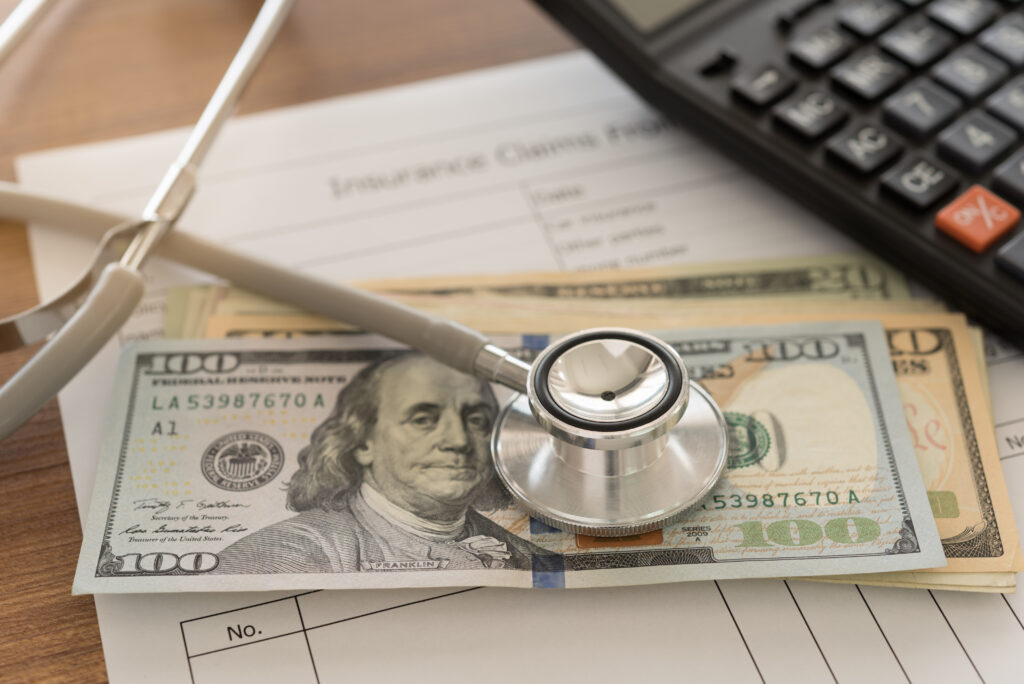Having the Social Security Administration (SSA) approve you for Social Security Disability Insurance (SSDI) benefits is only half the battle. Next, you must have the SSA grant you the maximum payout you deserve. Continue reading to learn the maximum SSDI payout you can receive and how an experienced New Jersey SSDI benefits lawyer at The Law Offices of Sheryl Gandel Mazur can fight for what is rightfully yours.
What are the maximum SSDI benefits I can receive?
In 2023, the maximum SSDI payment is reported to be $3,627 per month. And if you retire at the age of 70, this benefit will increase to $4,555 per month. Though, if you retire at the age of 62, this benefit will decrease to $2,572 per month.
It is important to note that this maximum is not the norm. That is, the average SSDI payment is reported to be $1,358 per month.
What factors determine the SSDI payout I receive?
As you can likely determine, the SSA does not distribute a set SSDI payment to eligible beneficiaries. Instead, they alter the amount based on a variety of factors. For one, they will look at your average lifetime earnings before your disability was claimed to have begun. This means that the severity of your disability and how much income you have matters less to them.
As a specific example, if you are applying for SSDI benefits at the age of 55 or older, then you may be able to reach the average SSDI payment of $1,358 per month or more depending on the following:
- Your average income over the past 35 years or more.
- Whether you were self-employed and filed self-employment taxes.
- Whether you worked for a state or local government and did not pay into the Social Security system.
- Whether you took any years off from work due to extenuating circumstances.
What factors reduce the SSDI payout I receive?
First off, certain factors will not reduce the SSDI payout you receive. This includes any disability benefits you receive from a private long-term disability insurance policy or the Supplemental Security Income and Veterans Administration.
On the other hand, any disability benefits you receive from a government-regulated agency can negatively affect your SSDI amount. In other words, if your SSDI payment plus your government-regulated disability payment exceeds 80 percent of the amount you earned before you became disabled or reached retirement age, then your payout may be reduced. Such government-regulated disability payments may include the following:
- Your workers’ compensation payments, if any.
- Your state short-term disability payments, if any.
- Your civil service disability payments, if any.
- Your state or local government retirement payments, if any.
For more information on how you can maximize your SSDI payout, you must seek legal advice from a skilled New Jersey SSDI benefits lawyer today.


